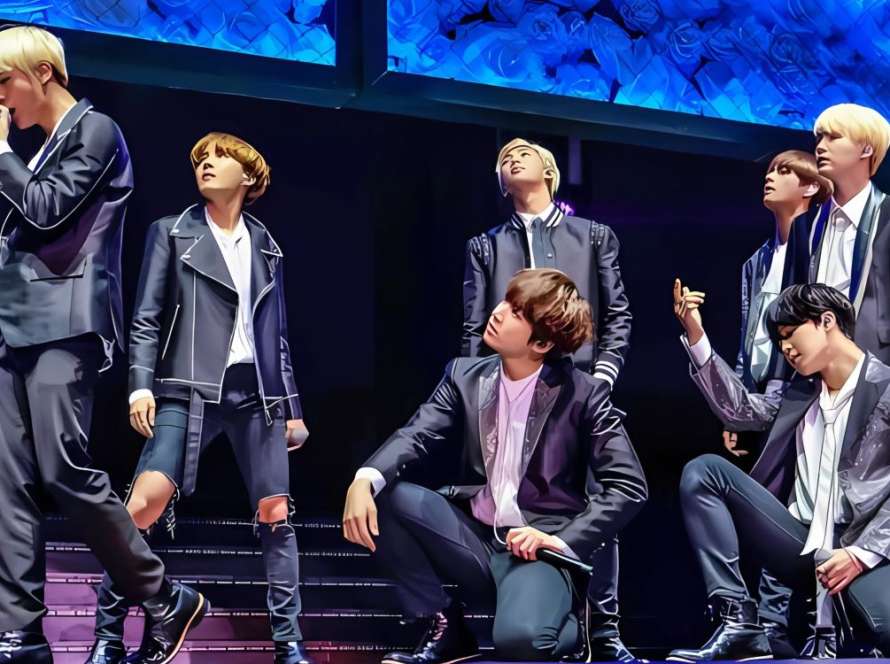In today’s digital world, social media plays a crucial role in communication, networking, and content sharing. Platforms like Facebook, Instagram, Twitter, and LinkedIn have become household names.
But one app has blurred the lines between instant messaging and social media: WhatsApp. Many users ask, “Is WhatsApp social media?”
In this guide, we’ll explore this question in depth, examining WhatsApp’s features, functions, and its place in the social media ecosystem.
1. Introduction
With over 2 billion active users worldwide, WhatsApp is one of the most popular messaging apps. Initially launched in 2009, WhatsApp was designed primarily as a messaging platform.
Over the years, it has added features such as voice and video calls, group chats, and the Status feature, which resemble traditional social media platforms.
The question “Is WhatsApp social media?” arises because while WhatsApp is primarily a messaging app, its features overlap with those found on social media platforms.
Understanding this distinction requires a closer look at what defines social media and how WhatsApp functions.
2. What is WhatsApp?
WhatsApp is a free messaging and calling app available on smartphones and web platforms.
Owned by Meta (formerly Facebook), it allows users to send text messages, voice messages, images, videos, documents, and make voice and video calls.
Key Milestones of WhatsApp:
- 2009: Launched by Brian Acton and Jan Koum.
- 2014: Acquired by Facebook for $19 billion.
- 2017: Introduced WhatsApp Business.
- 2020: Implemented end-to-end encryption for all messages.
WhatsApp’s core goal has always been private, direct communication, but its evolving features increasingly resemble social media functionalities.
3. Definition of Social Media
To understand whether WhatsApp is social media, it’s essential to define what social media is.
Social Media refers to platforms that allow users to:
- Create and share content
- Interact with other users
- Build online communities
- Engage with content via likes, comments, and shares
Popular social media platforms include Facebook, Instagram, Twitter, TikTok, LinkedIn, and Snapchat.
Core Characteristics of Social Media:
- User-Generated Content: Users post content to share experiences, opinions, or information.
- Interactivity: Platforms allow engagement through comments, likes, and shares.
- Networking: Users can connect with friends, colleagues, and communities.
- Public Sharing: Content is often visible beyond private networks.
With this definition, we can analyze whether WhatsApp fits into these categories.
4. Key Features of WhatsApp
WhatsApp offers several features, some of which are similar to social media, while others are exclusive to messaging apps:
4.1 Messaging
- Private text messaging with individuals or groups.
- Supports emojis, GIFs, and multimedia content.
4.2 Voice and Video Calls
- One-on-one or group calls.
- End-to-end encryption ensures privacy.
4.3 WhatsApp Groups
- Groups can include multiple participants.
- Facilitates community-like interaction.
4.4 WhatsApp Status
- Allows users to post images, videos, and text visible for 24 hours.
- Users can comment or reply privately, similar to Instagram Stories.
4.5 WhatsApp Business
- Allows companies to connect with customers.
- Includes features like automated replies, catalogs, and product updates.
While messaging remains WhatsApp’s primary feature, Status and Groups bring it closer to social media.
5. How WhatsApp Differs from Traditional Social Media Platforms
Although WhatsApp shares some characteristics with social media, there are key differences:
- Privacy and Visibility
- WhatsApp messages are primarily private.
- Unlike Facebook or Instagram, content is not automatically public.
- Limited Public Interaction
- WhatsApp Status is semi-public (only visible to contacts).
- No public likes or comment sections like on social media.
- No Discovery Feature
- Traditional social media allows users to discover strangers’ content.
- WhatsApp content is usually limited to contacts.
- Primary Purpose
- WhatsApp’s main goal is direct communication, not content broadcasting or social networking.
These differences suggest WhatsApp is not purely a social media platform.
6. How WhatsApp Aligns with Social Media Functions
Despite differences, WhatsApp does share some social media features:
- Content Sharing: Users can share text, images, videos, and links.
- Groups and Communities: WhatsApp Groups create social communities.
- Status Updates: Allows sharing moments and life updates.
- Business Engagement: Companies use WhatsApp as a marketing tool.
Some experts argue that WhatsApp represents a hybrid model, combining messaging and social media elements.
7. The Role of WhatsApp Status in Social Media Interaction
WhatsApp Status is one of the most social media-like features of WhatsApp:
- Users post temporary updates (images, videos, text).
- Updates are visible to selected contacts.
- Users can reply, creating interactive engagement.
This is very similar to Instagram Stories and Snapchat, which are widely recognized as social media features.
Conclusion: While Status adds a social media layer, WhatsApp remains fundamentally a messaging app.
8. Business Use of WhatsApp: Social Media or Messaging?
WhatsApp Business has become an essential tool for companies:
- Businesses can send updates, promote products, and provide customer support.
- Integration with social media marketing strategies is common.
- WhatsApp allows direct communication with consumers, unlike traditional social media where interaction is mostly public.
While WhatsApp is used for marketing like social media, it does not replace platforms like Facebook, Instagram, or LinkedIn for brand exposure.
9. Privacy and Security Considerations
WhatsApp is known for strong privacy features:
- End-to-end encryption: Ensures only sender and receiver can read messages.
- Limited Data Sharing: Unlike social media, WhatsApp does not rely on public engagement for monetization.
- User Control: Users choose who can see their Status and profile information.
These privacy features differentiate WhatsApp from traditional social media, which often encourages public sharing and engagement.
10. Global Usage and Popularity
WhatsApp’s global impact is undeniable:
- 2+ billion users worldwide
- Popular in countries like India, Brazil, and parts of Europe
- Used for personal, educational, and professional communication
- WhatsApp Groups serve communities ranging from school parents to professional networks
The widespread adoption makes it a social interaction platform, even if not purely social media.
11. Expert Opinions and Research Studies
Several studies have examined WhatsApp’s social role:
- Research by Pew Research Center (2021):
70% of users share personal updates through WhatsApp, similar to social media sharing behavior. - Academic studies:
WhatsApp encourages community-building, which is a core social media characteristic. - Industry analysis:
Experts describe WhatsApp as a “private social network”, blending messaging and social media features.
12. Conclusion: Is WhatsApp Social Media?
Based on the analysis:
WhatsApp is primarily a messaging app with social media-like features.
- Not fully social media: Lacks public discovery, open interaction, and content broadcasting.
- Hybrid platform: Features like Status, Groups, and Business blur the lines.
- Private social network: Facilitates communities and interactions, similar to social media but in a private, controlled environment.
In short, WhatsApp represents the evolution of communication apps, where messaging and social interaction converge. While it cannot fully replace traditional social media, it fulfills a complementary social role.
13. FAQs
Q1: Can WhatsApp be considered a social networking site?
- Partially. It allows interactions and community-building but is primarily private messaging.
Q2: Is WhatsApp Business social media?
- It’s a hybrid tool. Businesses use it for marketing, but it lacks public visibility like Facebook or Instagram.
Q3: How is WhatsApp different from Facebook or Instagram?
- WhatsApp emphasizes private messaging, while Facebook and Instagram focus on public content sharing and networking.
Q4: Can WhatsApp replace social media platforms?
- Not entirely. It complements social media but does not provide public engagement features needed for full social media experience.
Q5: Is WhatsApp safe to use compared to social media?
- Yes, due to end-to-end encryption and user privacy controls.



